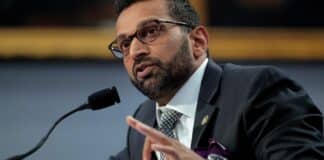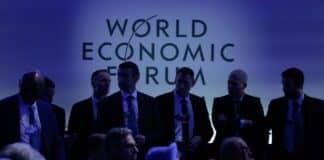South African radical leftist Julius Malema doubled down Wednesday on his inflammatory rhetoric against white farmers, openly reiterating calls to “Kill the Boer, Kill the Farmer” just hours after President Donald Trump raised alarm over anti-white violence in South Africa.
During a tense meeting with South African President Cyril Ramaphosa, Trump presented video footage of Malema leading chants including “Shoot to kill!” and “Kill the farmer!”—slogans regularly shouted at rallies of Malema’s Economic Freedom Fighters (EFF) party. Trump cited the chants as part of a larger pattern of racially motivated violence and land seizures targeting white South Africans, which he described as “genocide.”
President Ramaphosa attempted to downplay Malema’s role in national politics and claimed the government does not endorse such messages. However, Trump pointed out that South Africa’s own policies—including land expropriation without compensation—mirror the radical ideas championed by Malema and the EFF. He also noted that thousands of white South Africans are seeking refuge in the United States due to targeted threats and violent attacks.
In response to the confrontation, Malema posted on social media reaffirming his support for land seizures and dismissed Trump’s concerns. The EFF released an official statement shortly after, reiterating its infamous slogan: “Kill the Boer, Kill the Farmer! Victory is Certain!”
Despite Ramaphosa’s efforts to frame the EFF as a fringe group, the party received nearly 10% of the national vote in the last election, ranking fourth. It trails closely behind another radical leftist faction, the Umkhonto we Sizwe (MK) party, which also supports uncompensated land seizures and racially charged policy measures.
South African authorities have consistently refused to prosecute Malema for hate speech, fueling concerns that the country’s leadership tolerates, or even quietly endorses, race-based violence against its white minority population. The escalation underscores growing international concern over South Africa’s political climate and the safety of its white farming population.





